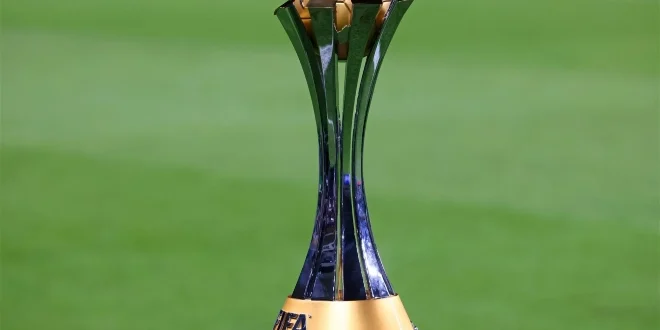The inaugural edition of the expanded FIFA Club World Cup will take place in the United States from June 15 to July 13, 2025, as announced by FIFA, the international governing body of soccer. This 32-team event, officially named Mundial de Clubes FIFA, aims to be seamlessly integrated with the International Match Calendar, ensuring a sufficient break between the tournament’s end and the commencement of domestic soccer leagues.
FIFA President Gianni Infantino highlighted the importance of clubs in global football, noting that the 2025 Club World Cup will provide a significant platform for clubs from all confederations to excel at the highest level. He emphasized that the competition will be based on sporting merit and will contribute significantly to FIFA’s goal of globalizing football.
Currently, the last version of the Club World Cup in its present format is underway in Saudi Arabia, with Manchester City, the Champions League winner, competing for its first title in this tournament.
Starting from 2024, an annual event named the Coupe Intercontinentale de la FIFA will be held. It will feature a match between the Champions League winner and the winner of a playoff involving champions from other soccer confederations.
The announcement, however, has drawn criticism from the players’ union, FIFPRO. They expressed concern that the scheduling of the 32-team FIFA Club World Cup doesn’t adequately address player welfare, citing a lack of measures to safeguard players’ mental and physical health, as well as their personal and family time. FIFPRO urgently called for discussions to implement health and safety regulations for players.
FIFPRO’s statement emphasized the severe mental and physical demands placed on players at the top level of the game. The union pointed out that the increasing number of club and national team competitions leads to exhaustion, injuries, mental health issues, and risks to the longevity of players’ careers. It also noted that players have consistently raised concerns about their growing workload through their national player unions.


